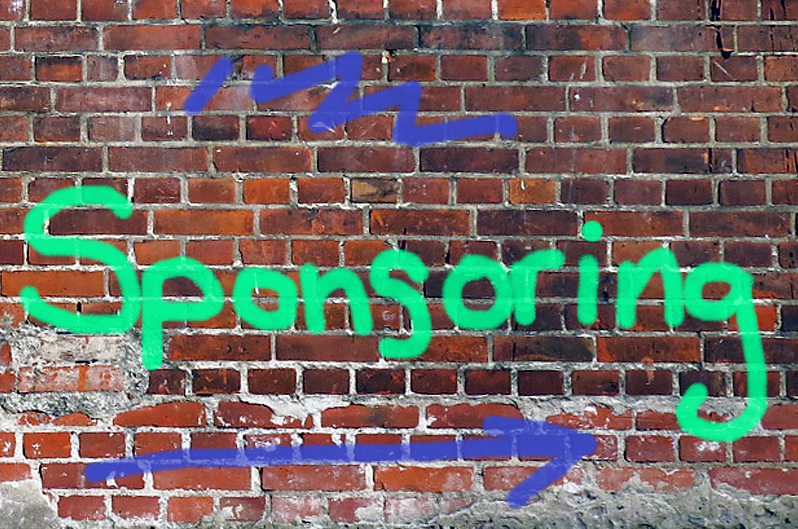The last step in going public transactions is most often obtaining a stock trading or ticker symbol from the Financial Industry Regulatory Authority (“FINRA”). For a company to obtain a ticker, a market maker must submit a Form 211 on the issuer’s behalf to FINRA. This last step is required of all companies going public including those filing Form S-1 registration statements with the SEC.
Only a Market Maker can submit a Form 211 to obtain a ticker symbol assignment. An issuer cannot submit the form itself. As such, the sponsoring market maker plays an important role in the going public process.
What is a Market Maker?
A market maker is a FINRA registered broker-dealer firm that accepts the risk of holding a certain number of shares of a particular security in order to facilitate trading in that security. Broker-dealers must register with FINRA to act as a market maker of a security.
Market Maker Regulation
Market Maker activities are regulated by the Securities and Exchange Commission (“SEC”) as well as by FINRA. FINRA oversees registration, education and testing of market makers, broker-dealers and registered representatives. FINRA rules governing market makers in going public transactions involve a variety of criteria.
Market Maker Compliance with SEC Rule 15c2-11 in Going Public Transactions
SEC Rule 15c2-11 requires that current public information be made available to investors. This information is initially provided in going public transactions by the market maker when it submits a Form 211 and 15c2-11 application with FINRA for a ticker symbol assignment. FINRA and SEC Rule 15c2-11 require that the market maker has a reasonable basis for believing that the information provided by the company in its Form 211 is accurate and from reliable sources. As such, preparation of proper disclosures is critical to the going public transaction.
FINRA Comment Process in Going Public Transactions
SEC Rule 15c2-11 l Form 211 Application
In a going public transaction, a market maker must submit a Form 211 application to FINRA to apply for the company’s trading symbol. FINRA may render comments to the application to which the sponsoring market maker and company must respond. Once FINRA is satisfied that the disclosures meet the requirements of SEC Rule 15c2-11, a trading symbol is assigned and the Market Maker can quote the company’s securities. Once this occurs, the securities of the private company going public will be quoted by the OTCMarkets on the OTCPink Sheets and investors can purchase the company’s securities through their brokers.
Form 211 Exclusivity Period for Sponsoring Market Maker
For the first 30 days after a ticker symbol assignment in a going public transaction, only the sponsoring market maker who filed the Form 211 can publish quotes of the company’s securities. Thereafter, other market makers can publish their own quotes.
Market Maker Fees For 211 Filings
Market makers generally earn money by buying stock at a lower price than the price at which they sell it, or selling the stock at a higher price than they purchase it back. FINRA prohibits them from charging issuers fees for filing a Form 211. Despite the foregoing, unscrupulous market makers frequently find ways to circumvent FINRA’s requirements, sometimes by funneling fees for Form 211 filings through transfer agents they control or by cooking up sham consulting agreements. Engaging in such activities compromises the entire going public transaction and places the company as well as the sponsoring market maker at risk for enforcement action.
FINRA l Market Maker l Shareholder Requirements
The private company seeking to go public must have enough shareholders to demonstrate that an active trading market can be established. This means that prior to filing a Form 211 the company should have 30 or more non-affiliate shareholders who paid cash consideration for their shares, and have owned those shares for at least 12 months. The private company seeking to go public should have at least 1 million shares outstanding, of which at least 250,000 are free trading shares.
For further information about this securities law blog post, please contact Brenda Hamilton, Securities Attorney at 101 Plaza Real S, Suite 202 N, Boca Raton Florida, (561) 416-8956, by email at info@securitieslawyer101.com or visit www.gopublic101.com. This securities law blog post is provided as a general informational service to clients and friends of Hamilton & Associates Law Group and should not be construed as, and does not constitute, legal and compliance advice on any specific matter, nor does this message create an attorney-client relationship. For more information about going public and the rules and regulations affecting the use of Rule 144, Form 8K, crowdfunding, FINRA Rule 6490, Rule 506 private placement offerings and memorandums, Regulation A, Rule 504 offerings, SEC reporting requirements, SEC registration statements on Form S-1 , IPO’s, OTC Pink Sheet listings, Form 10 OTCBB and OTC Markets disclosure requirements, DTC Chills, Global Locks, reverse mergers, public shells, direct public offerings and direct public offerings please contact Hamilton and Associates at (561) 416-8956 or info@securitieslawyer101.com. Please note that the prior results discussed herein do not guarantee similar outcomes.
Hamilton & Associates | Securities Lawyers
Brenda Hamilton, Securities Attorney
101 Plaza Real South, Suite 202 North
Boca Raton, Florida 33432
Telephone: (561) 416-8956
Facsimile: (561) 416-2855
www.GoPublic101.com


